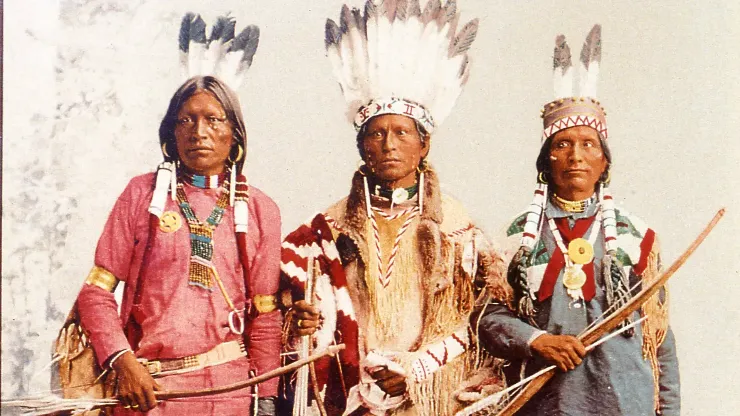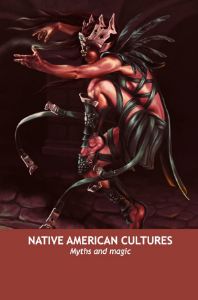


Native North Americans, an integral part of the world's most culturally diverse population, have historically been misunderstood and labeled in contradictory ways. In the 18th century, they were called "noble savages," and today some recognize them as "the first environmentalists." In cinema, we have seen them portrayed in various ways, from bloodthirsty savages to pacifist victims of "progress."
These contradictory representations highlight the ambivalence of attitudes towards indigenous people. On one hand, they are perceived as primitive and traditional in contrast to modern and complex white society. On the other hand, they are considered wise, respectful of the land, and advocates of a lifestyle that honors the planet.
Native peoples react in different ways to these perceptions. They reject images that depict them as barbaric and are wary of those who take their beliefs out of context. However, some indigenous individuals do not mind if some non-natives interpret their cultures as models of environmental conservation.
Respect is a fundamental value for indigenous people. Those who do not share their beliefs should not interfere with what they consider sacred or appropriate their traditions in pursuit of their own spiritual redemption. It is important to recognize that indigenous peoples have valid ways of understanding the world that differ from Western science and history.
Indigenous people have the right to reject archaeological theories that deny their millennia-old oral traditions, as these are essential to their identity. Non-natives must understand that their knowledge of indigenous people is limited, and they cannot assume that they know what it means to be indigenous.
Indigenous people are not simply relics of the past; they remain a living part of the modern world, with rich, flexible, and adaptable cultures that have survived the challenges of the centuries since the arrival of Europeans in North America. By maintaining their ancestral traditions, they have demonstrated a remarkable ability to adapt to modern changes and challenges. Their struggle to preserve their identity and their relationship with the land is a testament to their resilience.
This diverse group of indigenous peoples not only deserves respect for their unique cultural heritage but also a deeper understanding of their ongoing role in today's society. Beyond stereotypes and changing perceptions, Native Americans are an essential part of North America's rich tapestry of history, with a present and a future that deserve to be understood and respected.
 Native American Cultures: Myths and magic
Native American Cultures: Myths and magic
You can purchase this book on Amazon.
This book challenges deep-seated stereotypes and offers an enriching perspective that contributes to a more comprehensive and respectful appreciation of the indigenous peoples of North America. Through an understanding of their myths and beliefs, we are taking an important step toward cultural reconciliation and the recognition of the diversity that has enriched the history of this continent.
These mythical stories, many of them linked to the literary genre of fantasy, reveal a world where the divine and the human intertwine in narratives that explain the cosmic order, creation, and the fundamental structure of the universe. Discover how these sacred tales bear witness to the deep connection of the natives with nature and spirituality.
Native Americans: Population and Territories
Native Americans: Cultures, customs, worldview
Traditions, myths, stories and legends